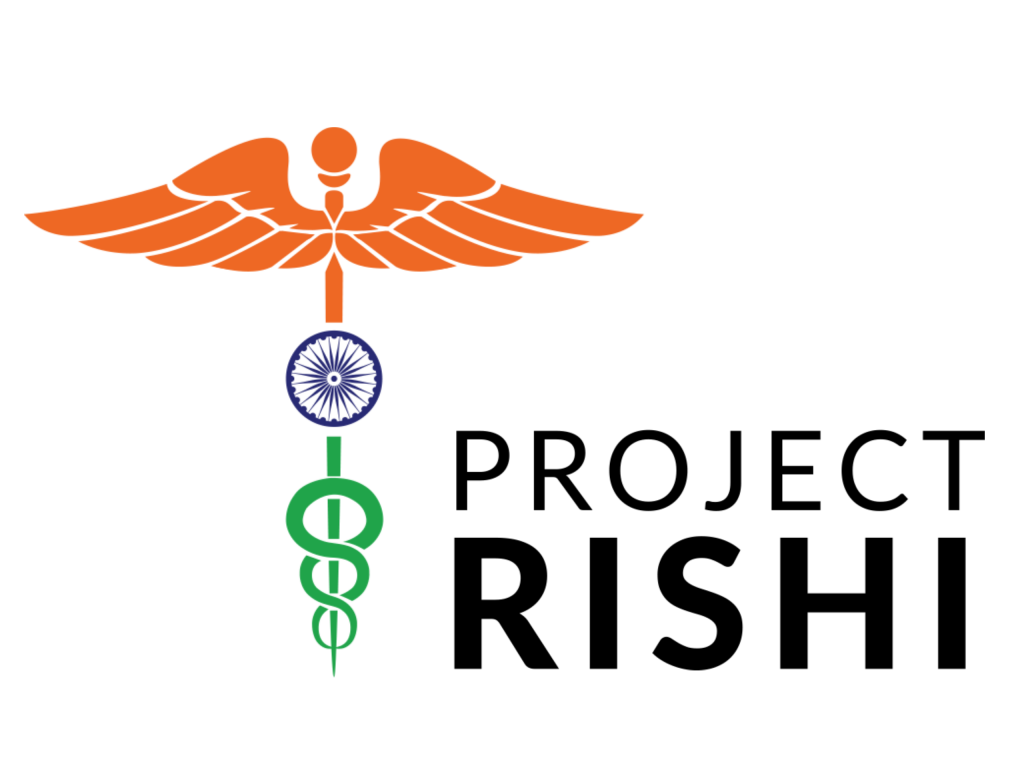This summer, we conducted qualitative interviews with the residents of Seithur to learn
more about the primary needs in the village and tailor our project to their needs. We
asked about daily challenges, access to resources in the village, and the effects of open
defecation on daily life. Our interviews confirmed that the lack of toilets was the primary
need in the village, and we learned more about the specific effects of this issue: women
felt unsafe open defecating and the field used for open defecation was far away and
littered with harmful debris. From the residents, we also learned about a previous
attempted project to build toilets in the village. This was ultimately unsuccessful because
the water supply to the facility was shut off and maintenance workers stopped cleaning
the toilets after their funds were cut off by the village government. Moreover, the facility
was constructed in an inconvenient, distant location. This emphasized the pitfalls that we
should be careful to avoid and pushed us to look more into the sustainable maintenance of
and water source for toilets.
Throughout the summer, we were also able to learn more about the importance of
flexibility and communication in managing project logistics. When there were unexpected
delays in the project timeline, we had to reassess our goals and work to ensure that we
were meeting the expectations of our stakeholders. Additionally, we also learned how
crucial clear and frequent communication is in helping to mitigate challenges while
working with partners abroad. We believe that these experiences will help us set specific
and attainable goals, while making us better prepared for any challenges we might face
during the implementation of our facility this fall.
Some of our team’s highlights of the summer were getting to connect with the Seithur
residents as we have not been able to face-to-face due to the pandemic, learning more
about the needs of Seithur residents beyond sanitation, and being able to learn valuable
community engagement skills
So far, we have met with our contact (Dr. Arjunan) to discuss the plan for the pilot facility,
relay our timeline and stakeholders’ expectations, and set up monthly meetings with him
going forward. We also sent a sanction document that he has used to meet with the
Panchayat for approval of the project. Dr. Arjunan has met with the women in the village
to determine the most convenient location for a bore well and toilet facility with their
input. We are working on sending our funds to actually begin construction of the toilets.
We have not yet begun interviewing people from the other areas of the village for
additional facilities. Since Dr. Arjunan is sending us the contacts, we did not want to put
too much on his plate as he is currently doing a lot of work to begin the construction of the
toilets. Most recently, he has met with the mayor of the village to discuss the government
matching our donation for the toilets. I think we could have mitigated these challenges by
adjusting our timeline to separate the business of toilet construction initiation from
interviews, as these are both time-consuming processes. We feel that holding off on the
interviews until October will allow us and Dr. Arjunan to fully dedicate ourselves to the
toilet construction first and make sure we are avoiding any mistakes in that process. We
also feel that beginning the interviews later will not affect our timeline significantly.
Since our team is unable to be on site during the construction of the toilets, there are a
few challenges that we foresee in the process of implementing the pilot facility this fall.
One of these would be staying informed about the progress of construction and any
delays in the timeline. We are also in the process of determining data collection methods,
in terms of usage and maintenance of toilets. Another challenge that we face is the
inability to directly observe and learn about any issues the residents of the village might
have with the facility. Since we cannot conduct frequent interviews and have a large sample size, this may lead to delays in any potential changes we could make to the project
to address their concerns. Some steps that we are taking to mitigate these challenges are setting clear expectations
for communication with Dr. Arjunan and conducting research into past data collection
methods that have been successful. We plan on having regular meetings with Dr. Arjunan
along with asking him to send us regular updates, through voice messages and pictures,
about how the construction is going. Additionally, we plan on using our research and tips
from our mentors to determine best practices for recording usage and maintenance
information so that we can use that data to inform the future direction of our project. In
terms of gauging how the residents feel about the pilot facility, we plan on conducting
focus groups along with interviews to get a wide range of perspectives on the constructed
facility.
Some resources that would greatly support our team and our goals would be access to
organizational tools such as storage drives and spreadsheets to help us record budgets,
store important documents, and interview transcripts. It would also be very helpful to
have access to a financial adviser who can validate our financial record-keeping since
we’re sending funds abroad. Resources that Dr. Arjunan’s team may need are
organizational tools to store receipts and documents and reliable access to technology in
order to communicate with us and amongst themselves.




